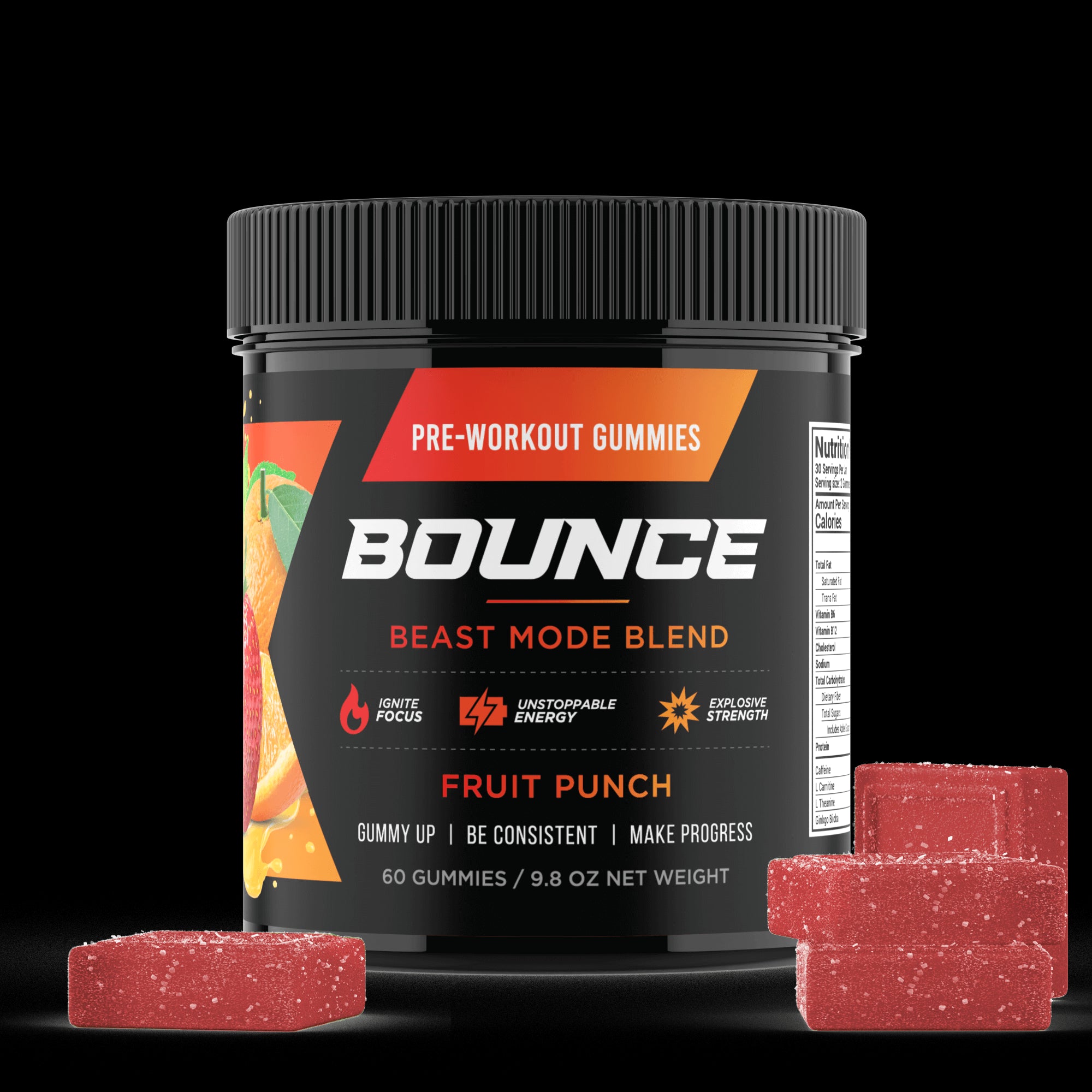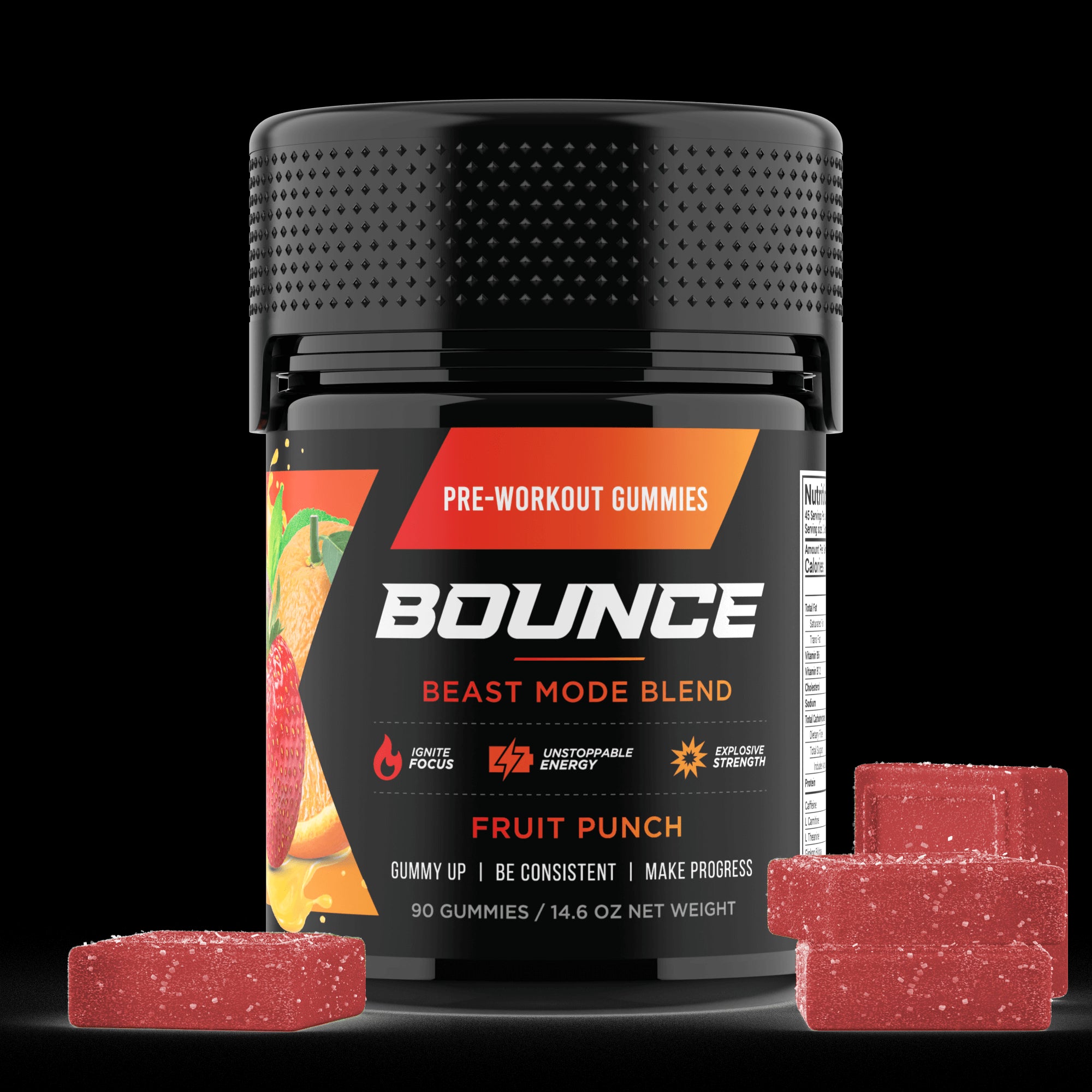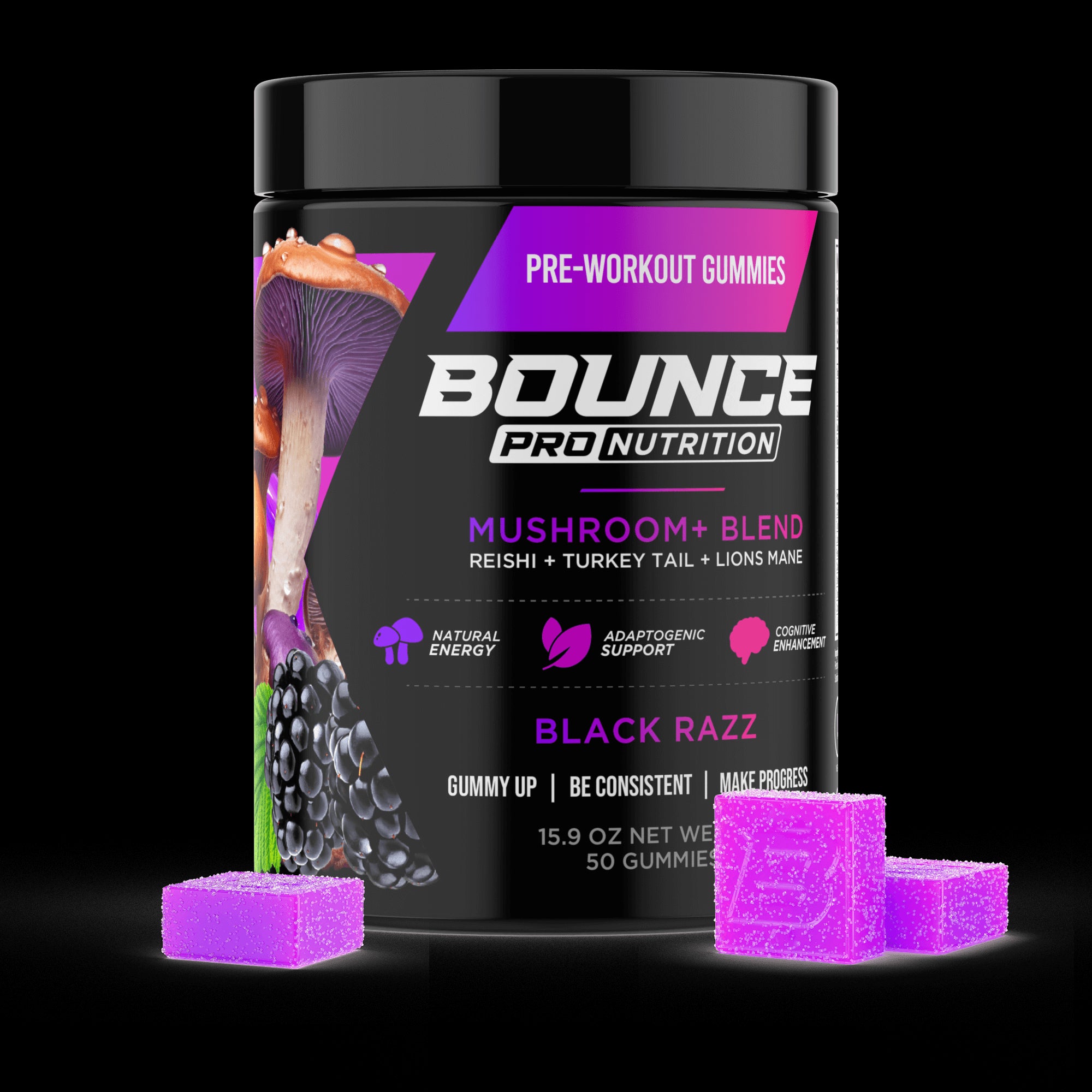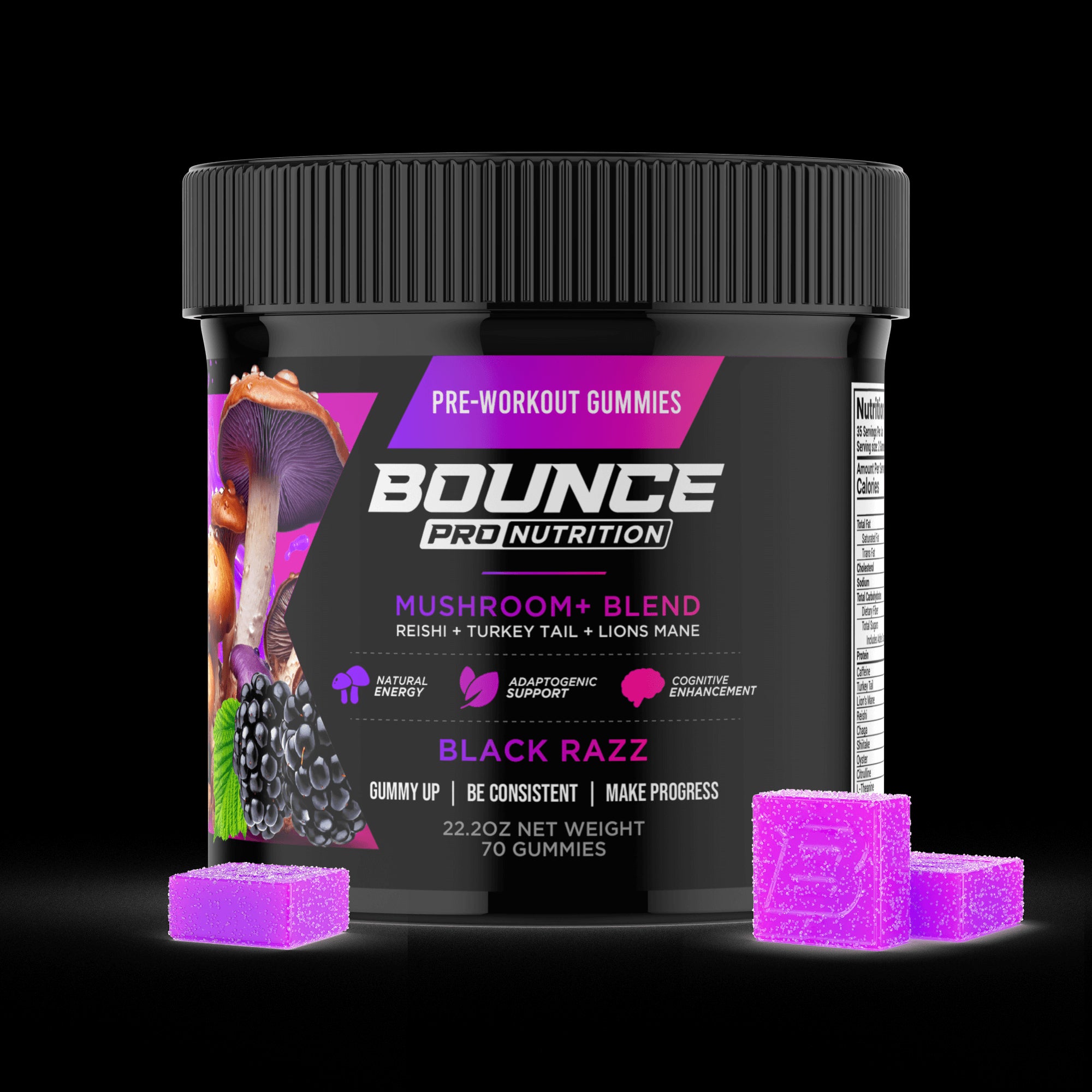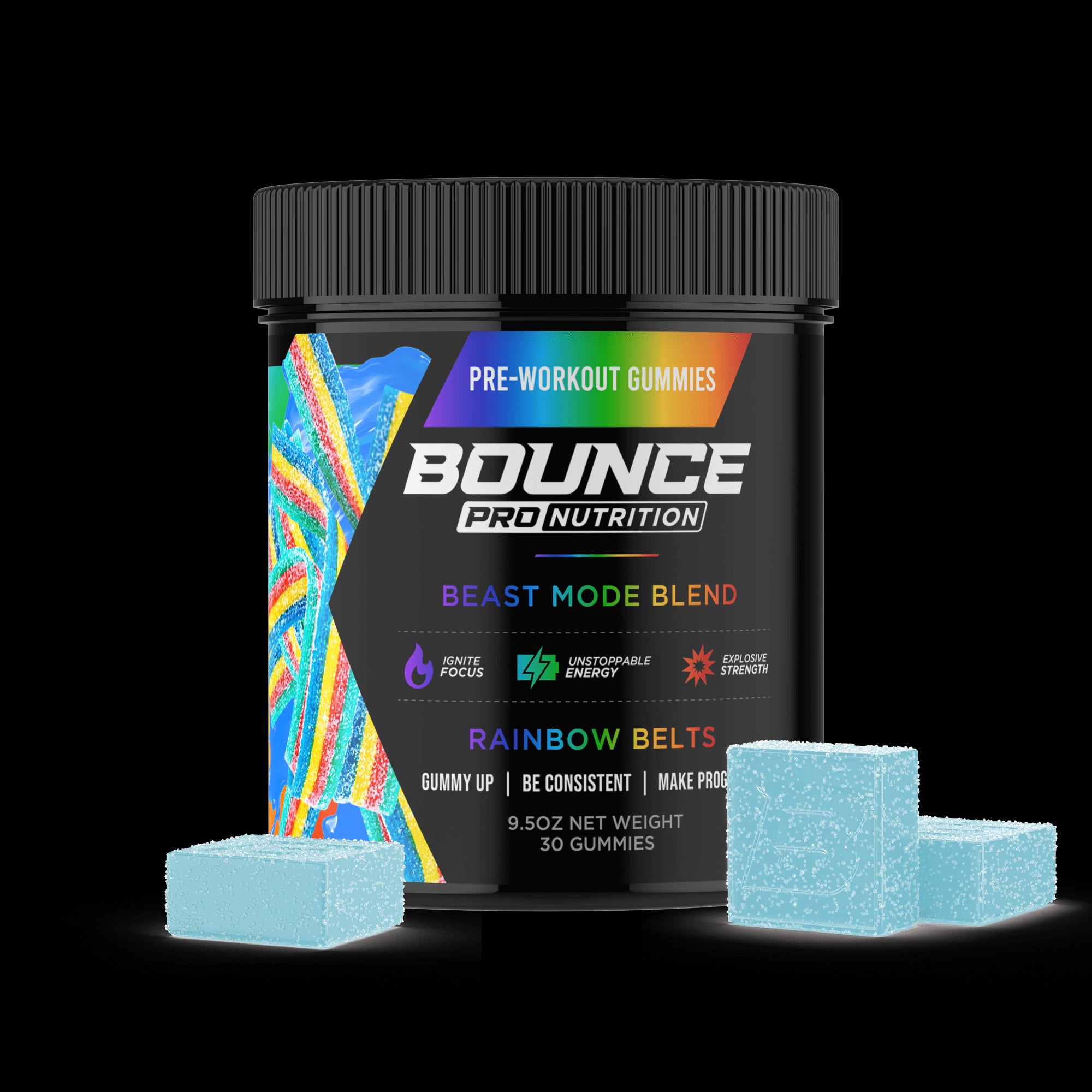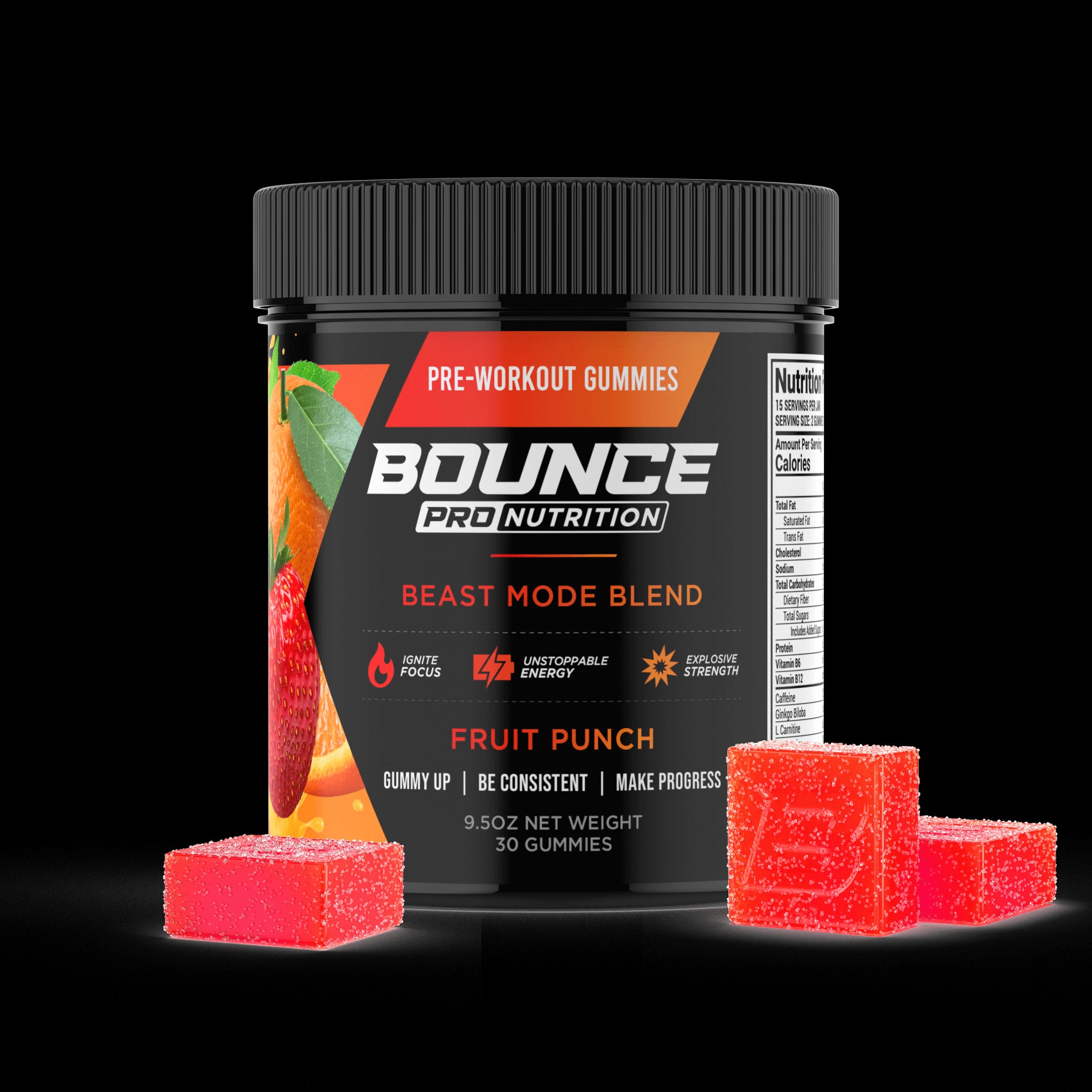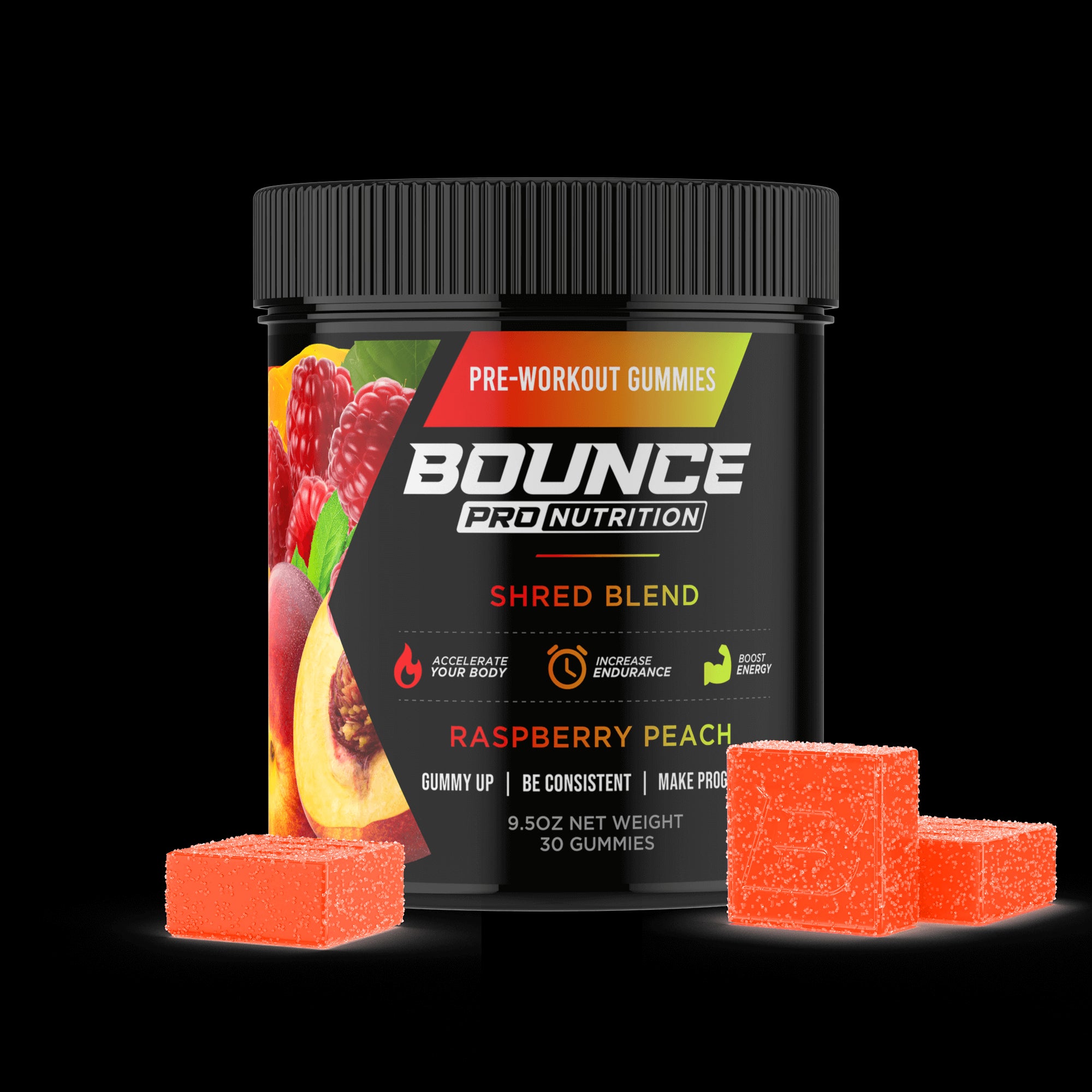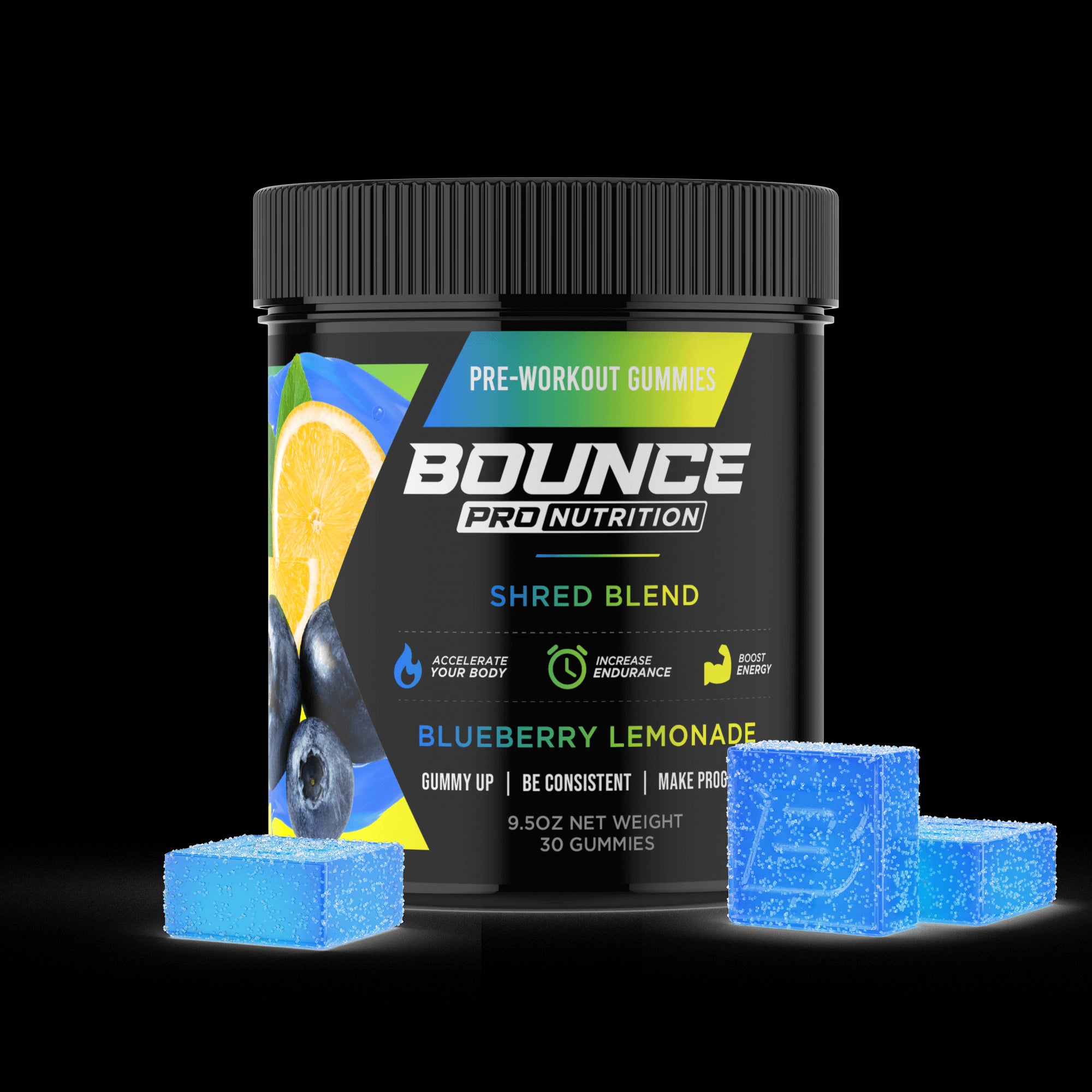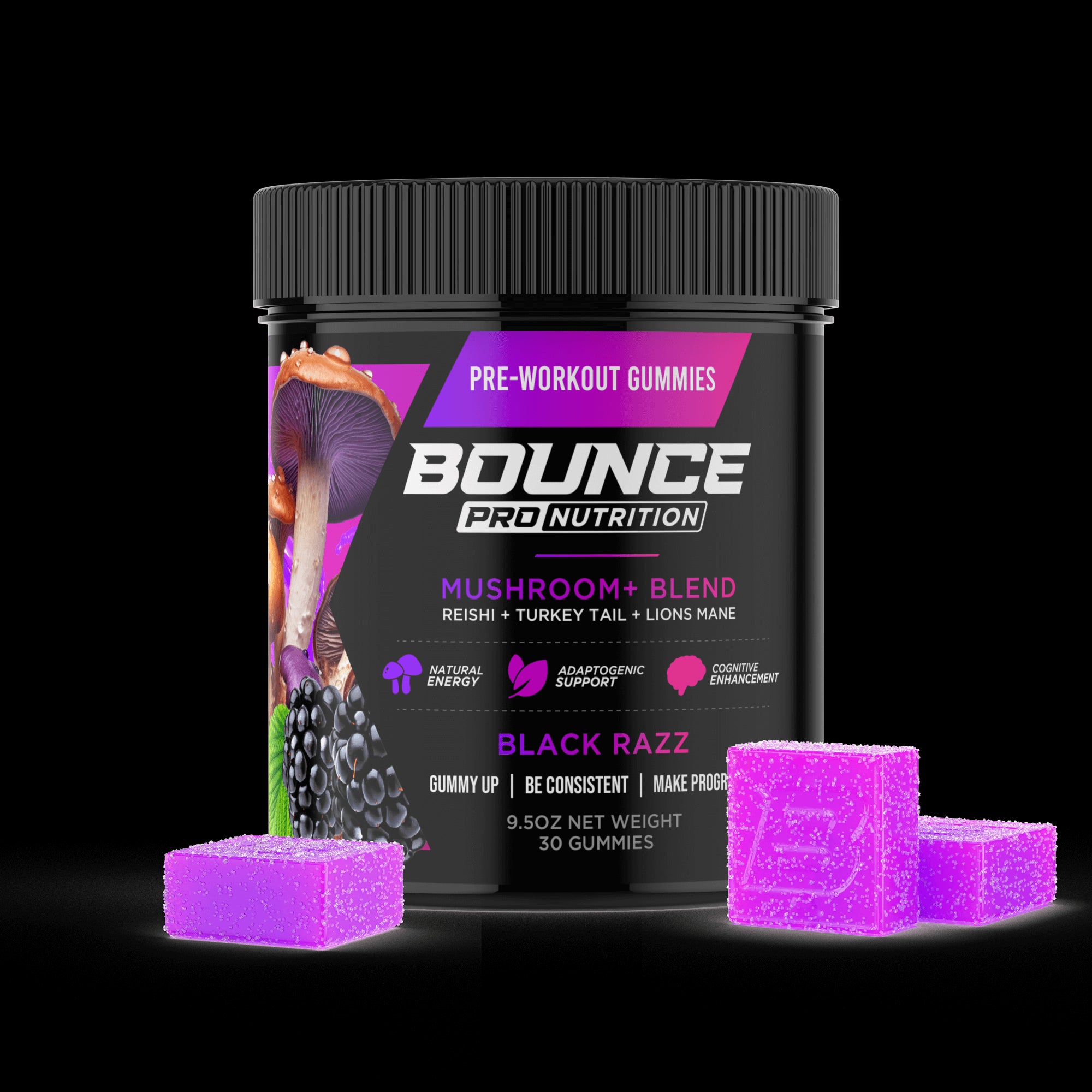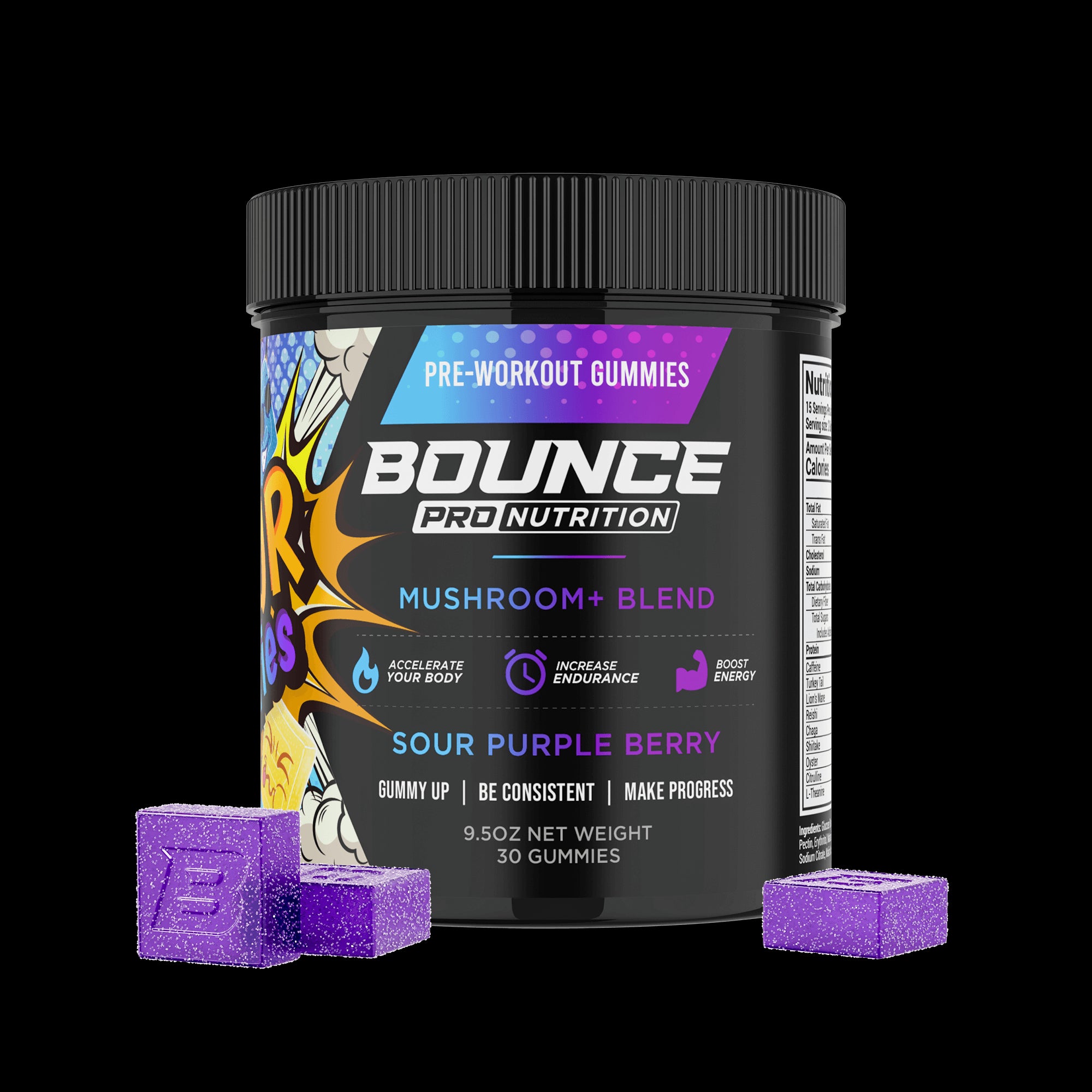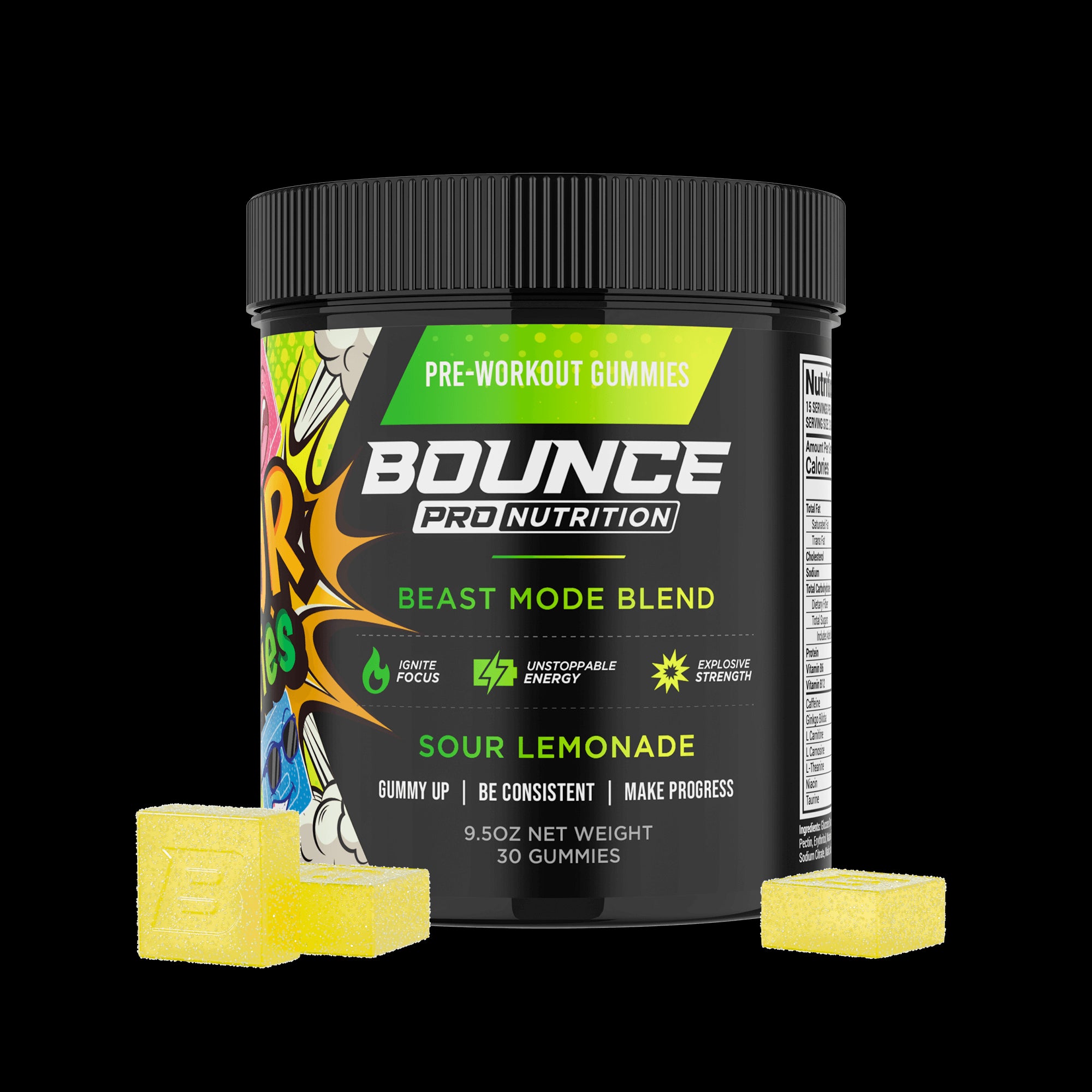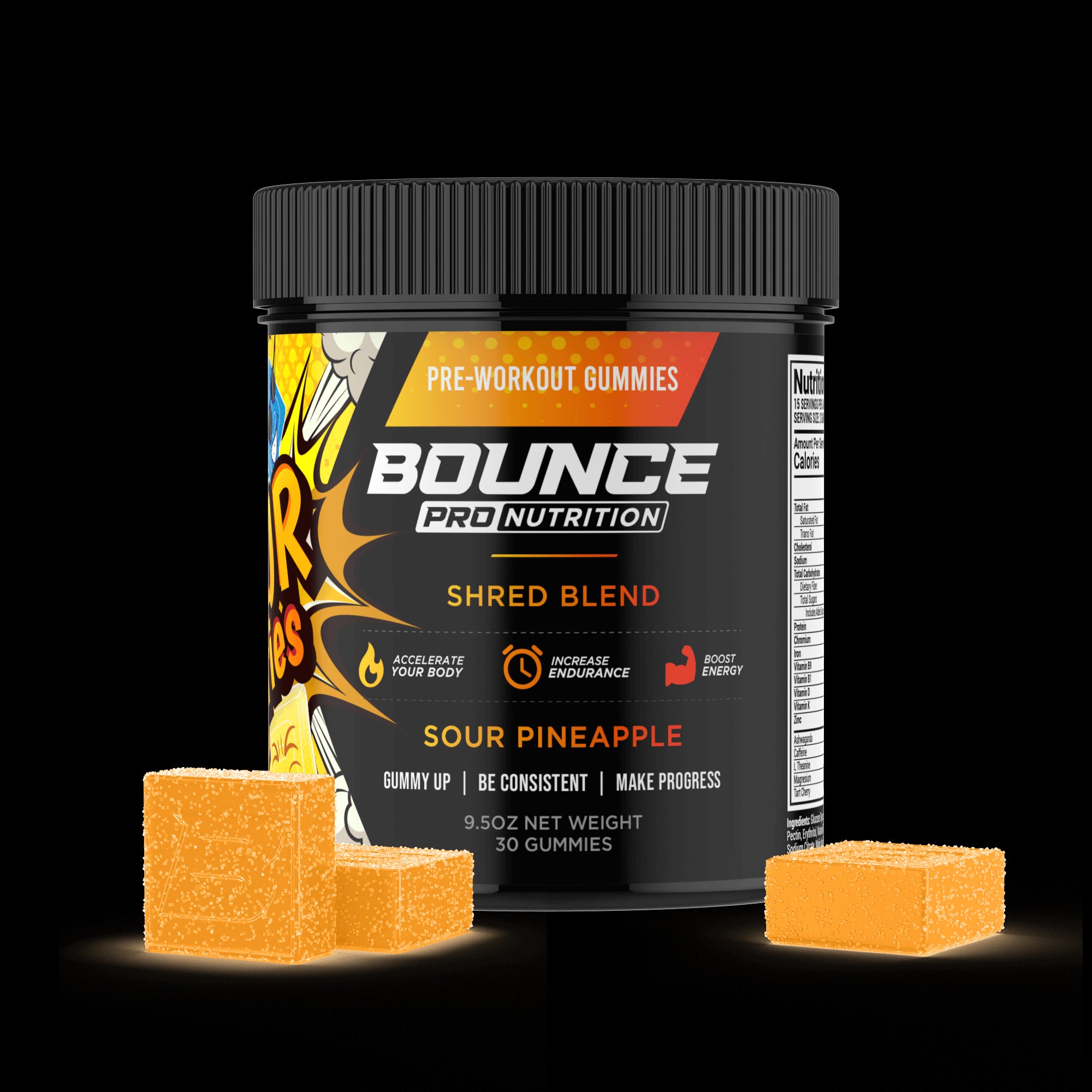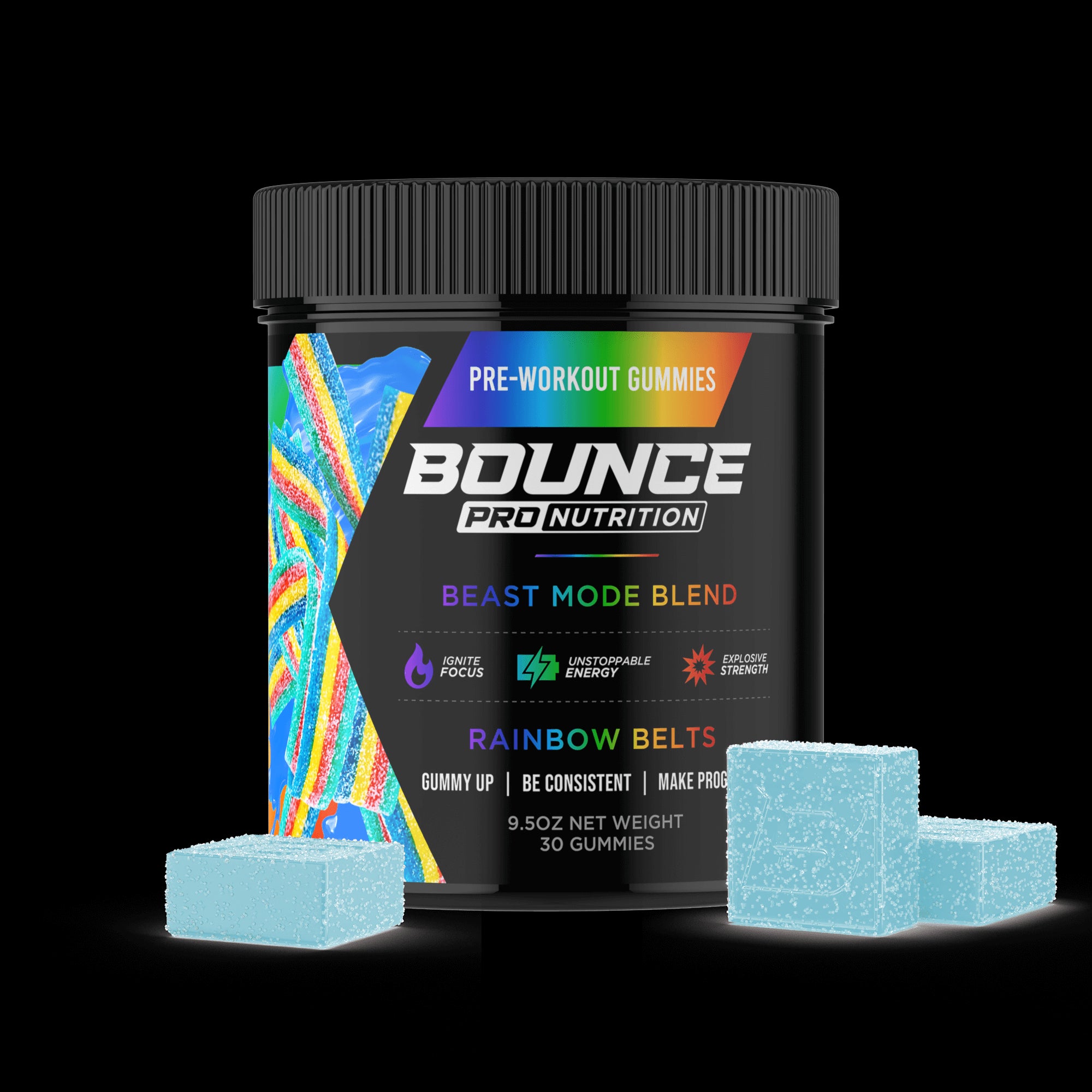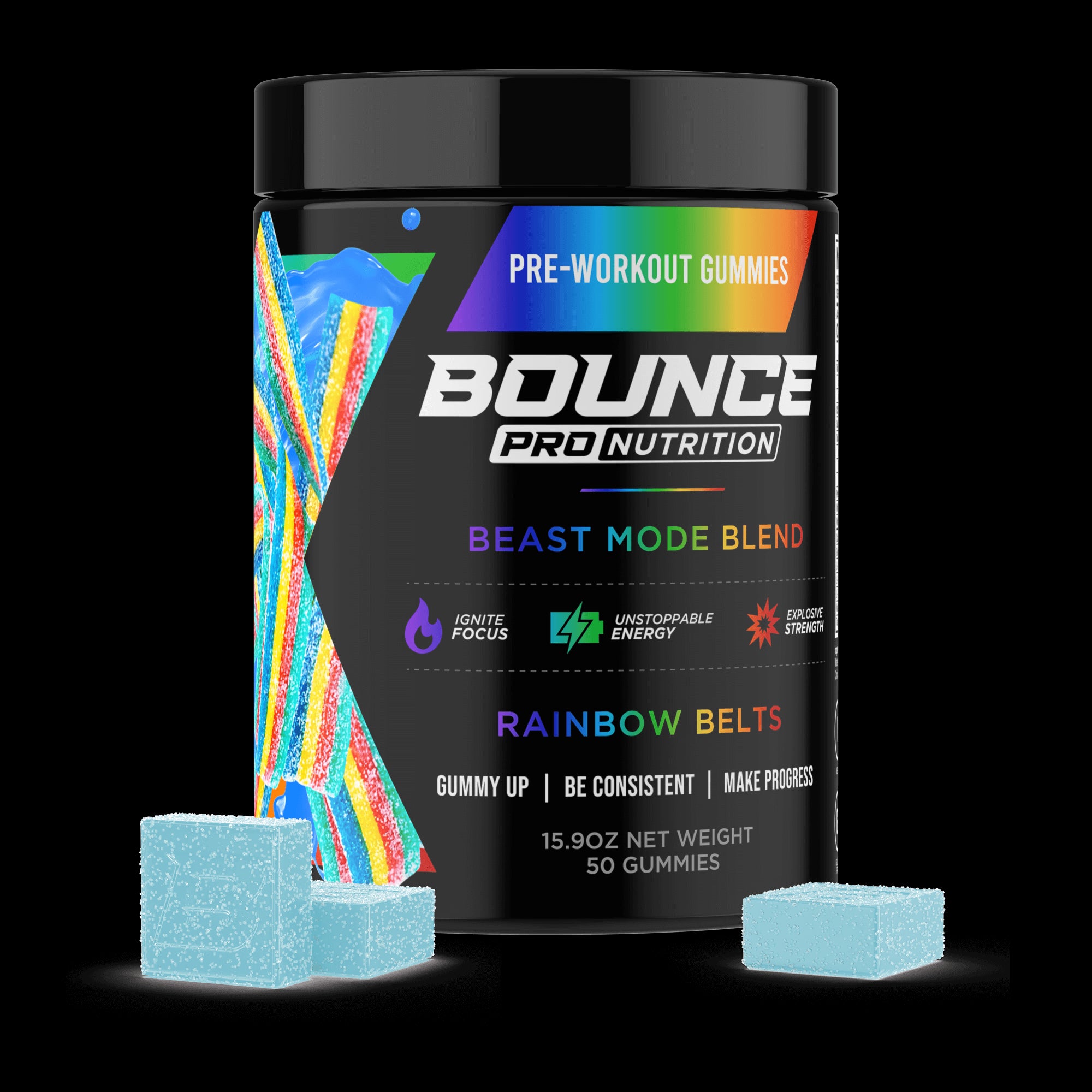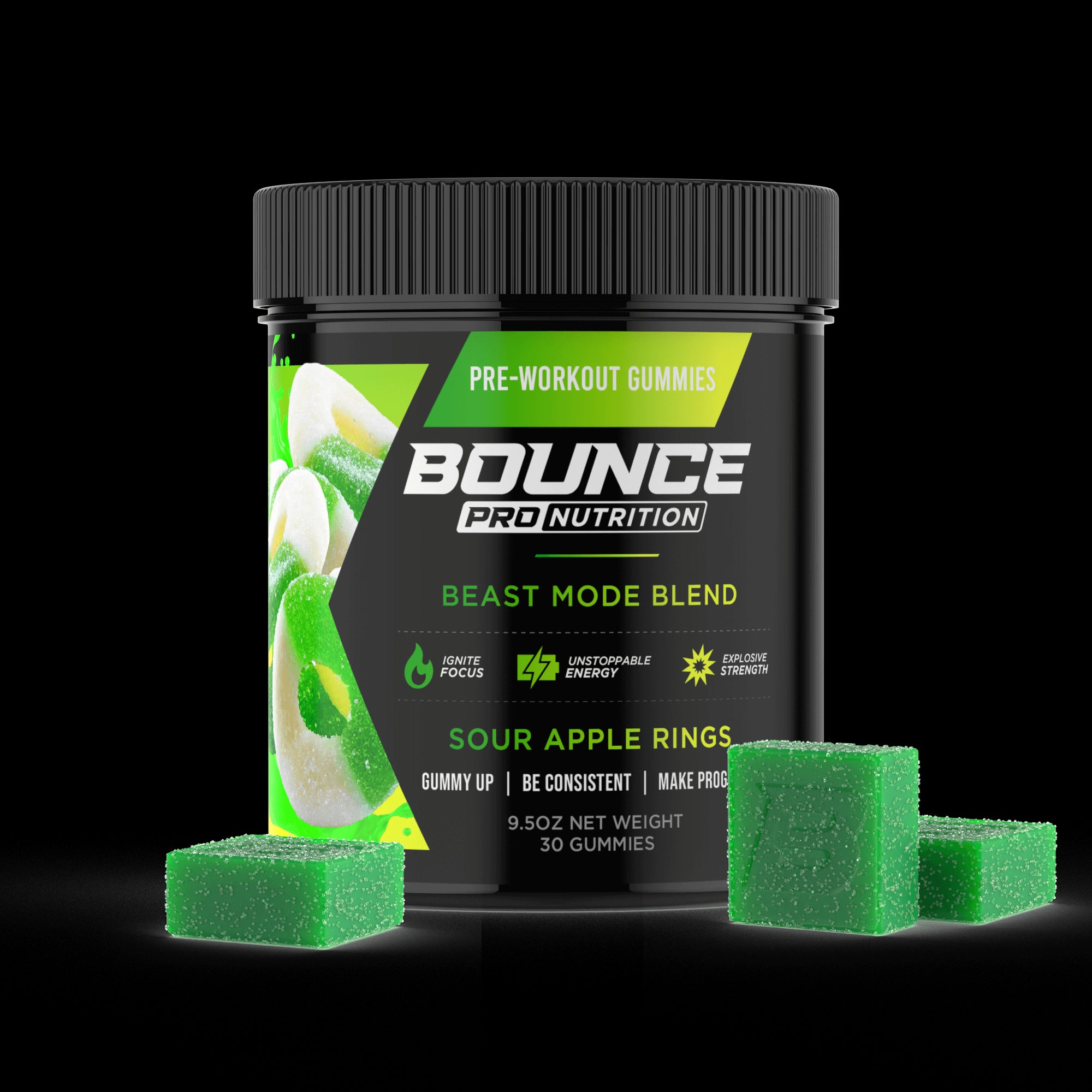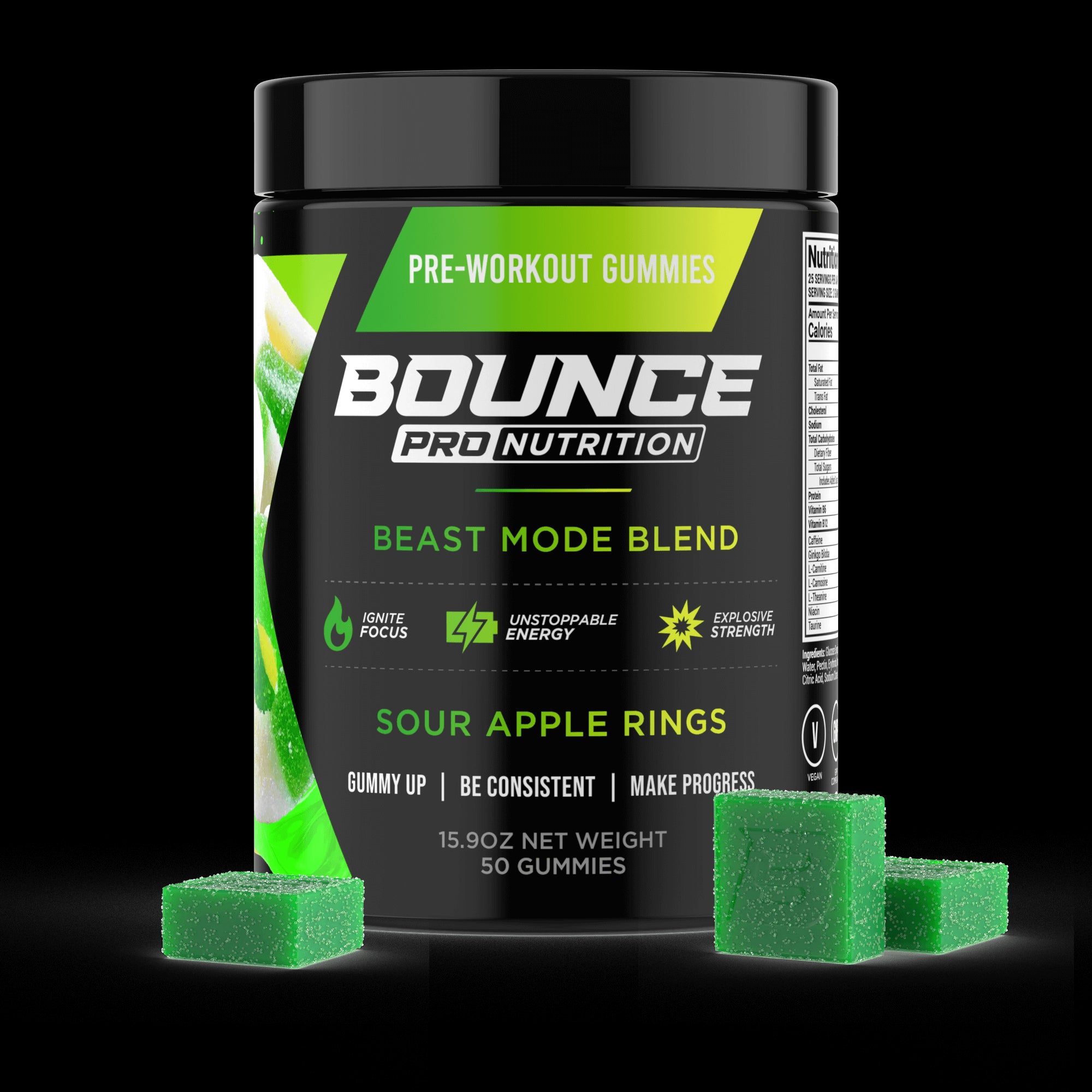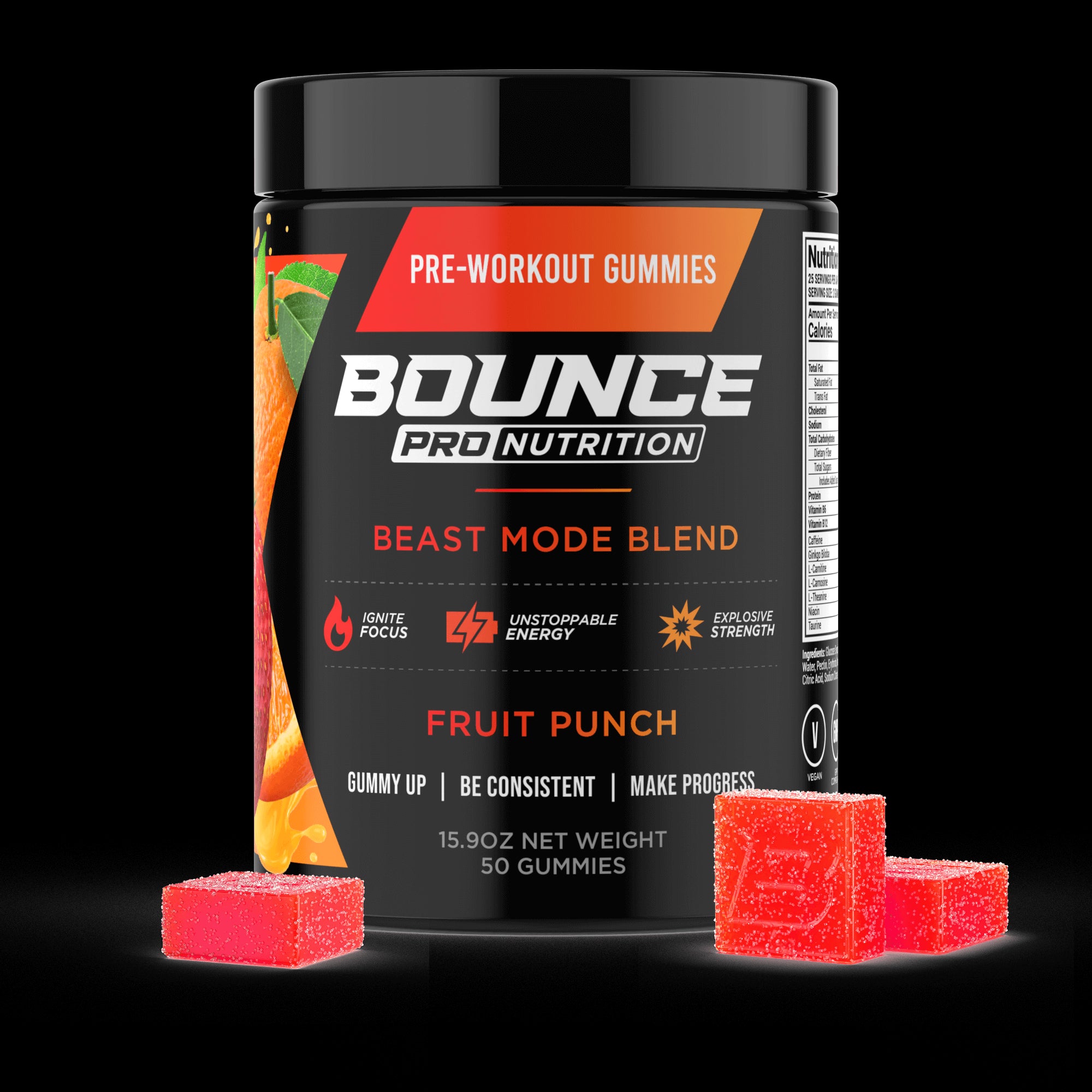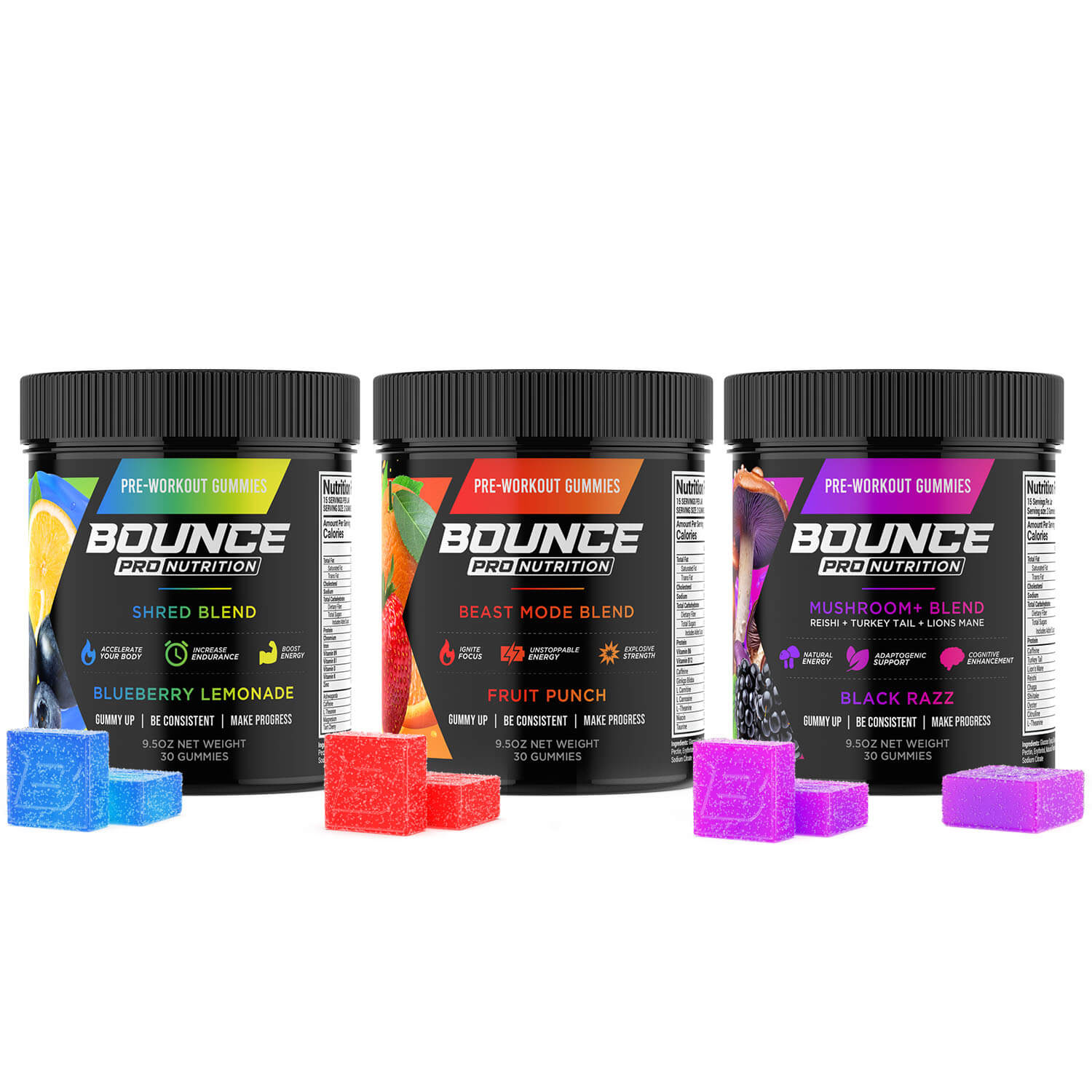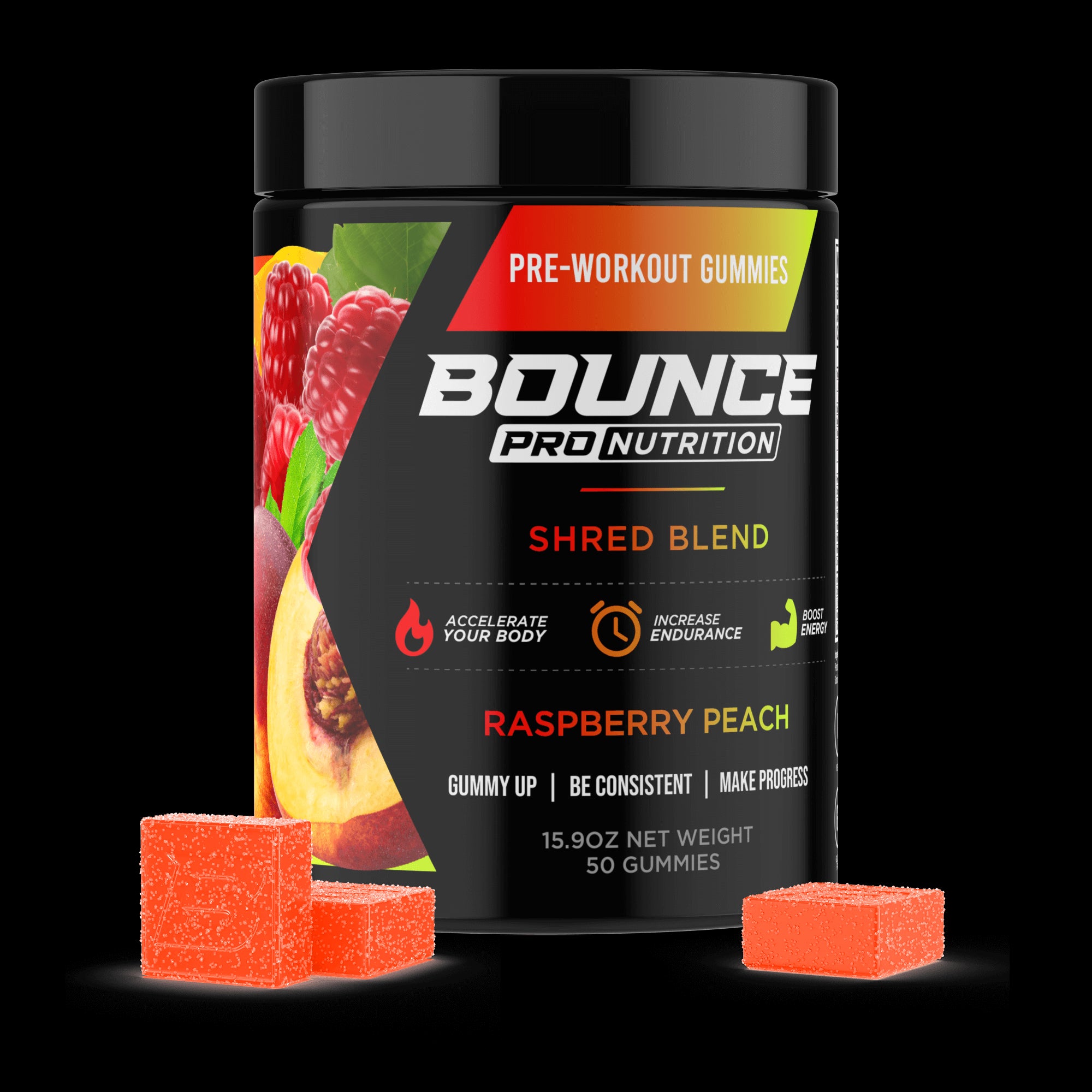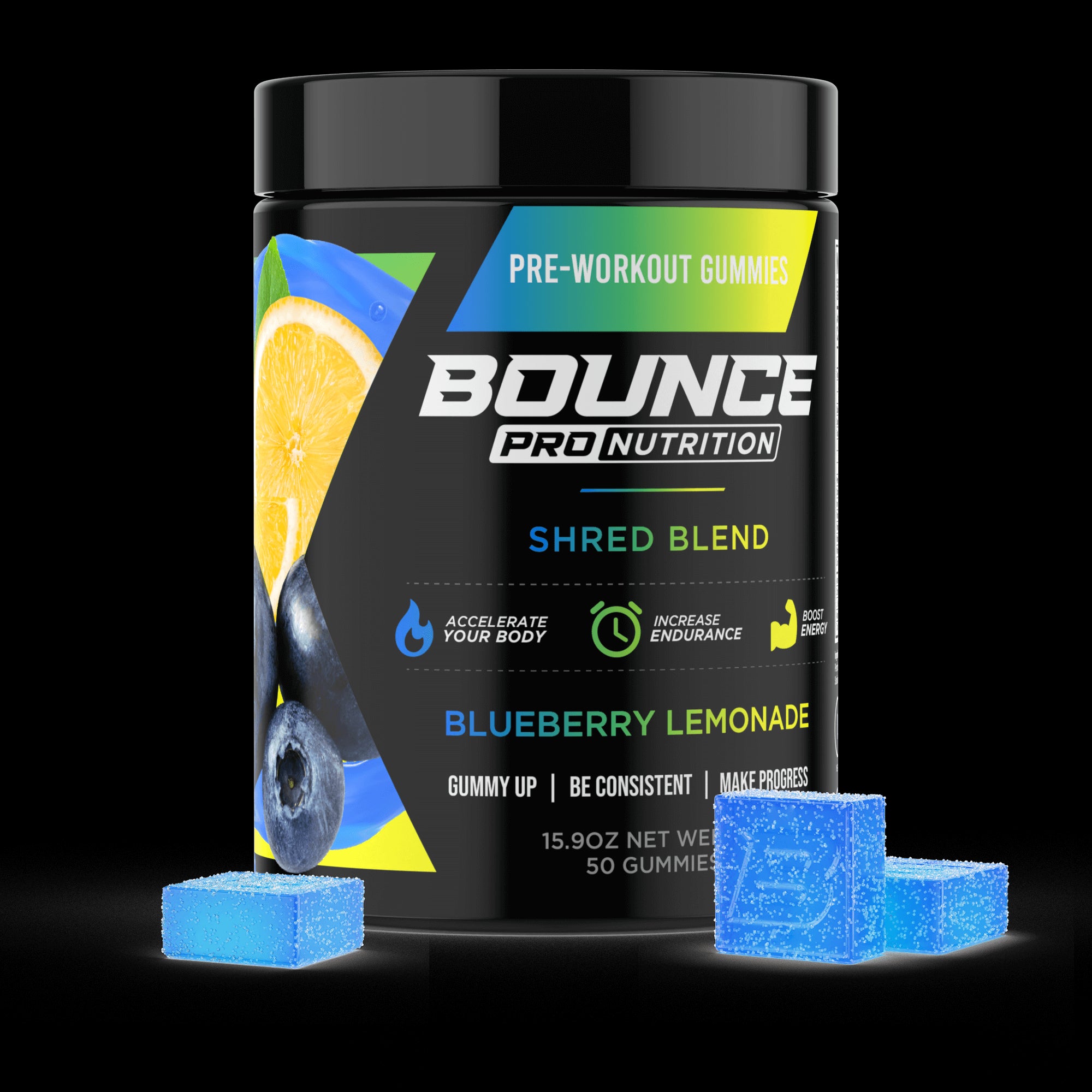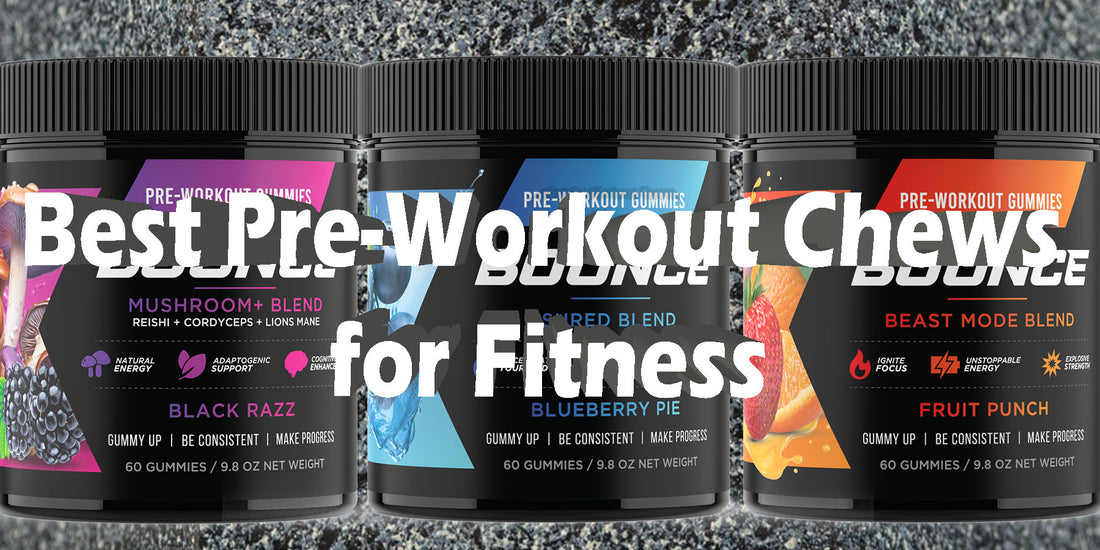A lot of people nowadays are seeking out methods for taking their fitness game to the next level. It’s to the point that workout enthusiasts are looking to supplements, since they are hugely popular. After all, many of us have difficulties finding the time and energy to squeeze in a daily workout, so pre-workout supplements can offer major support in that area.
But, as we know, not all pre-workout chews are equally effective, let alone safe. Fortunately, we will be covering a few of them that have what it takes to help you reach your fitness goals, safely and effectively.
TO BUY PRE-WORKOUT CHEWS CLICK HERE
What is Fitness?
Fitness generally refers to the state of being physically fit and healthy, encompassing attributes such as strength, endurance, flexibility, and overall well-being. It involves the ability to perform daily tasks efficiently and effectively, with enough energy left over for leisure activities and to cope with emergencies. Fitness can be achieved through regular exercise, proper nutrition, adequate rest, and a balanced lifestyle.
It's not just about being able to lift heavy weights or run long distances; it's also about maintaining a holistic approach to health that supports overall physical and mental well-being.
Physical Fitness
Physical fitness refers to a state of health and well-being that enables an individual to perform daily activities effectively and efficiently without undue fatigue. It encompasses various components that contribute to overall physical health, including:
- Cardiovascular Endurance: The ability of the heart, lungs, and circulatory system to supply oxygen and nutrients to working muscles during prolonged physical activity. Examples include running, cycling, and swimming.
- Muscular Strength: The amount of force a muscle or group of muscles can exert against resistance. Strength training exercises like lifting weights or using resistance bands help improve muscular strength.
- Muscular Endurance: The ability of muscles to sustain repeated contractions or to continue applying force against a fixed object. Activities like push-ups, sit-ups, and planking enhance muscular endurance.
- Flexibility: The range of motion available at a joint. Stretching exercises and activities like yoga or Pilates improve flexibility, helping to prevent injuries and enhance performance.
- Body Composition: The ratio of fat to lean tissue (muscles, bones, and organs) in the body. Maintaining a healthy body composition involves a balance of physical activity and proper nutrition.
- Balance and Coordination: The ability to maintain control of body movements and positions. Exercises that enhance balance and coordination include balance training, agility drills, and sports-specific activities.
Benefits of Physical Fitness
Physical fitness provides some key benefits such as:
- Improved Health: Regular physical activity can reduce the risk of chronic diseases such as heart disease, diabetes, and obesity.
- Enhanced Mental Health: Exercise is known to reduce symptoms of depression and anxiety, improve mood, and enhance cognitive function.
- Increased Energy Levels: Regular physical activity helps improve overall energy levels and reduce feelings of fatigue.
- Better Sleep: Physical fitness can lead to improved sleep quality and duration.
- Improved Quality of Life: Being physically fit enhances the ability to perform daily tasks, participate in recreational activities, and enjoy life to the fullest.
Maintaining Physical Fitness
To maintain physical fitness, it is essential to engage in a variety of activities that address all the key components. This can include:
- Aerobic exercises (e.g., jogging, swimming, cycling)
- Strength training (e.g., weight lifting, resistance exercises)
- Flexibility exercises (e.g., stretching, yoga)
- Balance and coordination activities (e.g., tai chi, balance drills)
Mental Fitness
Mental fitness refers to a state of well-being in which an individual realizes their abilities, can cope with normal stresses of life, can work productively, and is able to contribute to their community. It involves maintaining and improving cognitive and emotional health, much like physical fitness focuses on bodily health. Key aspects of mental fitness include:
- Cognitive Function: The ability to think clearly, learn, and remember. This involves skills such as attention, memory, problem-solving, and decision-making.
- Emotional Regulation: The ability to manage and respond to one’s emotional experiences in a healthy manner. This includes understanding, expressing, and controlling emotions.
- Resilience: The ability to bounce back from adversity, stress, and challenges. Resilient individuals can maintain or regain mental health despite difficult circumstances.
- Stress Management: The ability to handle stress in a constructive way. Effective stress management techniques include mindfulness, relaxation exercises, and time management.
- Social Connections: Healthy relationships and social interactions are crucial for mental fitness. Supportive relationships can provide emotional support, reduce stress, and improve overall mental health.
Benefits of Mental Fitness
Mental fitness provides some key benefits such as:
- Improved Mental Health: Enhanced cognitive function, emotional regulation, and resilience can reduce the risk of mental health disorders such as depression and anxiety.
- Better Stress Management: Effective stress management leads to reduced stress levels and a better ability to handle life's challenges.
- Enhanced Productivity: Improved focus, memory, and problem-solving skills contribute to higher productivity and performance in work and daily activities.
- Increased Well-being: Overall life satisfaction and happiness are often higher in individuals who maintain good mental fitness.
Strategies to Enhance Mental Fitness
In order to enhance mental fitness, you could try one or more of the following:
- Mindfulness and Meditation: Practices like mindfulness meditation can improve focus, reduce stress, and enhance emotional regulation.
- Regular Physical Exercise: Physical activity not only benefits the body but also has positive effects on the brain, improving mood and cognitive function.
- Healthy Diet: Proper nutrition supports brain health and can impact mood and cognitive abilities.
- Adequate Sleep: Quality sleep is essential for cognitive function, emotional regulation, and overall mental health.
- Learning New Skills: Engaging in new and challenging activities stimulates the brain and enhances cognitive function.
- Social Engagement: Maintaining healthy relationships and participating in social activities can provide emotional support and improve mental well-being.
- Relaxation Techniques: Activities such as deep breathing, progressive muscle relaxation, and yoga can reduce stress and promote relaxation.
Maintaining Mental Fitness
Just as physical fitness requires regular exercise and healthy habits, maintaining mental fitness involves consistent practices that promote mental well-being. This includes staying mentally active, managing stress effectively, nurturing social connections, and taking care of your overall health.
Nutritional Fitness
Nutritional fitness refers to the state of having a balanced and healthy diet that provides the necessary nutrients to support overall health, physical performance, and well-being. It involves making informed choices about the foods you eat to ensure your body gets the right balance of vitamins, minerals, macronutrients (carbohydrates, proteins, fats), and water. Key aspects of mental fitness include:
- Balanced Diet: Consuming a variety of foods in the right proportions to ensure an adequate intake of all essential nutrients. This includes fruits, vegetables, whole grains, lean proteins, and healthy fats.
- Macronutrient Balance: Ensuring an appropriate balance of carbohydrates, proteins, and fats to meet the body’s energy and structural needs. Each macronutrient plays a specific role:
- Carbohydrates: Provide energy for daily activities and exercise.
- Proteins: Support muscle growth, repair, and overall body maintenance.
- Fats: Essential for cell structure, hormone production, and energy storage.
- Micronutrient Intake: Ensuring sufficient intake of vitamins and minerals, which are vital for various bodily functions, including immune support, bone health, and energy production.
- Hydration: Maintaining proper fluid balance by consuming adequate water and other hydrating fluids to support metabolic processes and overall health.
- Portion Control: Eating the right amounts of food to maintain a healthy weight and prevent overeating or under-eating.
- Nutrient Timing: Optimizing the timing of nutrient intake to support energy levels, performance, and recovery, particularly in relation to physical activity and exercise.
Benefits of Nutritional Fitness
Nutritional fitness provides some key benefits such as:
- Improved Physical Health: Adequate nutrition supports overall health, reduces the risk of chronic diseases (such as heart disease, diabetes, and obesity), and enhances immune function.
- Enhanced Physical Performance: Proper nutrition fuels the body for exercise and physical activities, supports muscle recovery, and improves endurance and strength.
- Better Mental Health: A balanced diet can positively affect mood, cognitive function, and mental well-being.
- Increased Energy Levels: Proper nutrition provides consistent energy throughout the day, reducing feelings of fatigue and improving daily productivity.
- Healthy Weight Management: Balanced nutrition helps maintain a healthy weight and body composition.
Strategies to Achieve Nutritional Fitness
In order to get to a good nutritional fitness state, you could try one or more of the following:
- Eat a Variety of Foods: Incorporate a wide range of foods from all food groups to ensure a diverse intake of nutrients.
- Focus on Whole Foods: Prioritize whole, minimally processed foods like fruits, vegetables, whole grains, lean proteins, and healthy fats.
- Monitor Portion Sizes: Be mindful of portion sizes to avoid overeating and maintain a healthy weight.
- Stay Hydrated: Drink plenty of water throughout the day and limit sugary and caffeinated beverages.
- Plan and Prepare Meals: Plan meals in advance and prepare healthy snacks to avoid unhealthy food choices.
- Limit Added Sugars and Unhealthy Fats: Reduce the intake of sugary foods, drinks, and unhealthy fats (such as trans fats and excessive saturated fats).
- Listen to Your Body: Pay attention to hunger and fullness cues to avoid overeating and undereating.
- Seek Professional Guidance: Consult with a registered dietitian or nutritionist for personalized dietary advice and support.
Maintaining Nutritional Fitness
Nutritional fitness requires ongoing attention and effort to make healthy food choices consistently. It involves staying informed about nutrition, planning meals, and being mindful of how different foods affect your health and performance. By prioritizing nutritional fitness, individuals can enhance their overall health, improve physical and mental performance, and achieve a higher quality of life.
Rest and Recovery
Rest and recovery are crucial components of any fitness or training program, and they're important for general health as well. You see, proper rest and recovery are vital to prevent overtraining, reduce the risk of injury, and ensure continual progress in fitness levels. Basically, they're just as important as the training itself because they allow your body to heal and grow stronger. Plus, individuals with good cardiovascular endurance tend to have faster recovery times after exertion.
Here's a breakdown of what they entail:
- Rest: This refers to the time spent relaxing and not engaging in physically strenuous activities. It includes:
- Active Rest: Light activities like walking or gentle stretching, which aid in muscle recovery without exerting too much stress on the body.
- Passive Rest: Complete relaxation or no physical activity, allowing the body to recover and repair.
- Recovery: This is a broader term that encompasses the techniques and actions taken to maximize your body's repair. This includes:
- Sleep: Essential for overall health, sleep is when the body repairs itself.
- Nutrition: Eating the right balance of nutrients to refuel the body.
- Hydration: Replenishing fluids lost during exercise.
- Stretching and Mobility Work: To maintain flexibility and reduce muscle stiffness.
- Massage or Foam Rolling: These methods can help in muscle recovery and reduce soreness.
How Can Someone Stay Fit Both Physically and Mentally?
Staying fit both physically and mentally involves a combination of healthy habits and lifestyle choices. Not only that, but it is important to find a routine that works for you and to be consistent with these habits. Additionally, listening to your body and making adjustments as needed is crucial for maintaining long-term fitness and well-being. With all that being said, here are some main ways for doing so:
- Regular Exercise: Engaging in physical activities like jogging, swimming, cycling, or even brisk walking for at least 30 minutes a day can significantly improve physical fitness. Exercise not only improves your physical health but also releases endorphins, which are natural mood lifters.
- Balanced Diet: Eating a diet rich in fruits, vegetables, whole grains, lean proteins, and healthy fats can provide the necessary nutrients for both physical and mental health. Avoiding processed foods, excessive sugar, and unhealthy fats is also crucial.
- Adequate Sleep: Getting 7-9 hours of quality sleep each night is essential for both physical repair and mental refreshment.
- Stress Management: Techniques such as mindfulness, meditation, yoga, or even simple breathing exercises can help manage stress and improve mental well-being.
- Social Connections: Maintaining healthy social relationships and engaging in community activities can provide emotional support and reduce feelings of loneliness or isolation.
- Mental Stimulation: Activities like reading, puzzles, learning new skills, or engaging in hobbies can keep the mind active and reduce the risk of cognitive decline.
- Regular Health Check-ups: Regular visits to healthcare providers for check-ups can help in early detection and management of any health issues.
- Limiting Alcohol and Avoiding Smoking: Reducing alcohol consumption and avoiding tobacco products can significantly improve both physical and mental health.
- Hydration: Drinking enough water throughout the day is important for overall health.
- Time Management: Balancing work, leisure, and rest is important to avoid burnout and maintain overall well-being.
What are Pre-Workout Chews?
Pre-workout chews are a type of supplement designed to provide a quick energy boost and enhance performance before exercise. They typically come in the form of small, chewable tablets or gummies that’re convenient to consume shortly before a workout.
These chews often contain prime ingredients aimed at increasing energy, improving focus, delaying fatigue, and promoting muscle growth and recovery. The idea is that they provide a quick and convenient way to get the necessary nutrients and stimulants into your system before hitting the gym or engaging in physical activity.
How We Picked These Top 3 Pre-Workout Chews
As you may have noticed, there are countless pre-workout chews on the market these days, each with a very distinctive formula. So, how were we able to narrow it down to just a few? Well, by paying attention to the factors that actually matter when it comes to the efficacy, safety, quality, and potency of the product. And, those factors were:
- Potency: Pre-workout chews can contain exceptional active ingredients, but if those ingredients aren’t actually present in high enough concentrations, you’re not going to get any kind of noticeable results.
- Active Ingredients: Pre-workout chews can contain any variety of ingredients that are responsible for the effects of the chew, like those made to boost energy and those which can improve focus and mood. Some active ingredients are more “proven” and safer than others, with some being tried-and-true for decades, and others being fads that just don’t ultimately deliver.
- How They Taste/Their Texture: Essentially, if a chew doesn’t taste good, you’re not going to want to keep eating it, and so even if it delivers in efficacy, it’s a letdown. The same goes for texture, since some companies make great-tasting chews, but the texture is just too off-putting.
- Inactive Ingredients: Inactive ingredients are also very important, with natural ingredients always being ideal. We stayed away from pre-workout chews that contain lots of fillers, artificial additives, and known allergens.
What are the Best Pre-Workout Chews for Reaching Your Fitness Goals?
Now, let’s take a look at our favorite formulas specifically for fitness, as that way, you can get started with a new and effective routine. Again, this is all based on the criteria above, so you know you’re getting a top-quality pre-workout product all around. Remember, these are not substitutes for getting fit. You still must maintain a proper diet, exercise, and do other activities and such, in order to achieve your desired fitness level.
Pre-Workout Chew for Fitness #3: Bounce Nutrition Mushroom Blend Gummies
This enticing Mushroom Blend pre-workout vegan formula provides a totally unique take on pre-workout supplements. Its incredible Black Razz flavor and succulent texture alone is worth trying, but it’s the blend of active ingredients that really impresses.
Magnesium, caffeine, lion’s mane, cordyceps, and reishi mushrooms come together to provide a carefully selected blend of adaptogens, minerals, and stimulants that improve energy, boost cognition, and lift your mood to help you get through the most demanding workouts, even on days when you’re not feeling up to it.
Pre-Workout Chew for Fitness #2: Bounce Nutrition Best Mode Blend Gummies
Our Beast Mode Gummies contain a vegan formula with a delicious Fruit Punch flavor, and containing caffeine, gingko balboa, theanine, L-carnitine, and Vitamin B12, in high enough concentrations to give you powerful effects that can help you tackle your fitness regimen on a whole new level.
Designed specifically to produce a significant boost in energy, endurance, and mental stamina, you can’t go wrong with these gummies if you’re a fan of higher-intensity training.
Pre-Workout Chew for Fitness #1: Bounce Nutrition Shred Blend Gummies
The vegan Shred Blend formula tastes just like mouthwatering Blueberry Pie, and it offers a fantastic blend of natural plant derivatives known for their powerful effects that directly improve your fitness game. L-theanine, caffeine, magnesium, ashwagandha, and tart cherry work together synergistically to give you the energy and concentration you need to get through a training session, with ashwagandha and magnesium offering the added benefits of helping the body respond better to both physical and mental stress.
Take Your Fitness Routine to a New Leve with Bounce Nutrition Pre-Workout Chews!
No doubt, fitness matters tremendously, both physically and mentally. And so, by choosing Bounce Nutrition Pre-Workout Chews, you get to experience everything, from clean ingredients to proven effective supplements that can really maximize your sessions in the gym (or at home). Explore these formulas on our website, and just know you’re getting the best ingredients possible, all of which are proven to be both safe and effective.

